5 Signs of Postpartum Depression
By Ashmal Shah
5 June 2023
Becoming a mother is a significant and life-changing event that brings a mix of joy, love, and new responsibilities. While many women adapt smoothly to the challenges of motherhood, some may experience postpartum depression (PPD), a mental health condition that can affect mothers after giving birth. It's important to understand the signs of postpartum depression to ensure early recognition and timely support. In this article, we will discuss five common signs of postpartum depression that new mothers should be aware of.
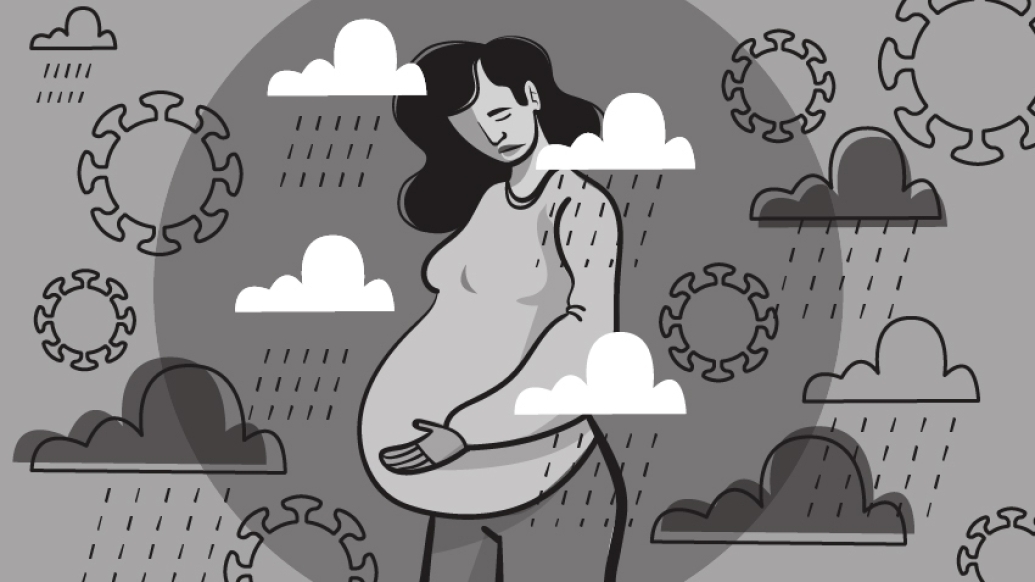
Persistent Sadness or Feelings of Emptiness:
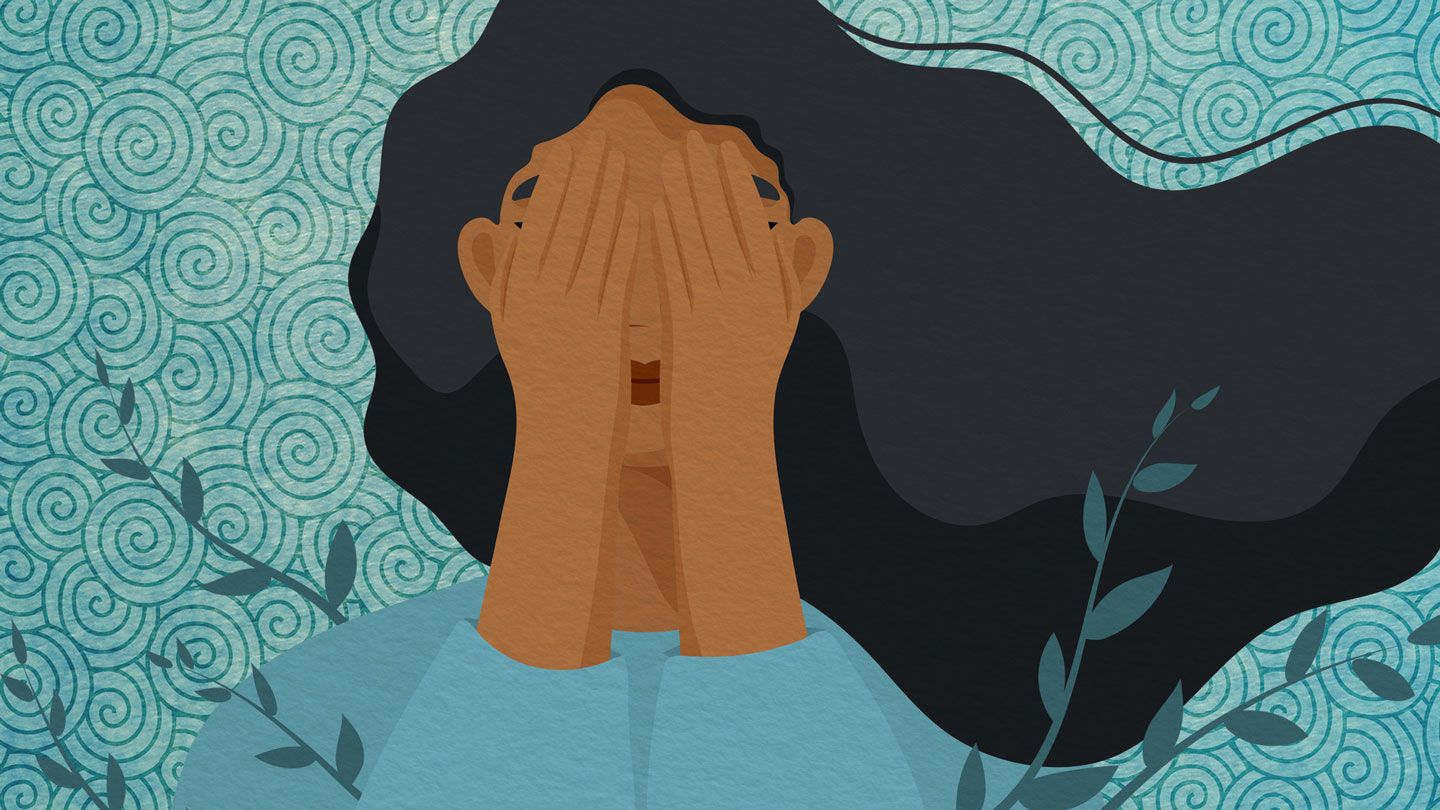
Feeling sad or down is normal in the early days of motherhood, often referred to as the "baby blues." However, if these feelings persist for more than two weeks and intensify, it could be a sign of postpartum depression. Mothers with PPD often experience a deep sadness or feelings of emptiness that impact their daily functioning and ability to find joy in activities they once enjoyed.
Loss of Interest or Pleasure:
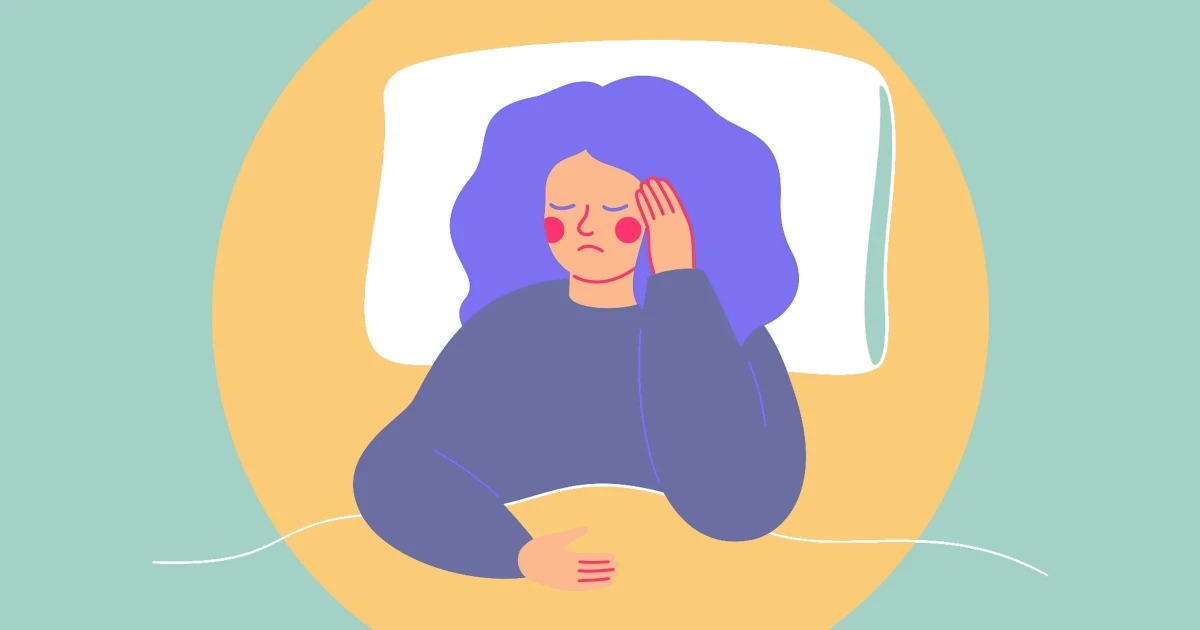
A prominent symptom of postpartum depression is a loss of interest or pleasure in activities that used to bring enjoyment. Mothers may find themselves disinterested in spending time with their baby, participating in social events, or engaging in hobbies they previously loved. This loss of interest can be accompanied by feelings of guilt or a sense of detachment from their newborn.
Changes in Appetite and Sleep Patterns:
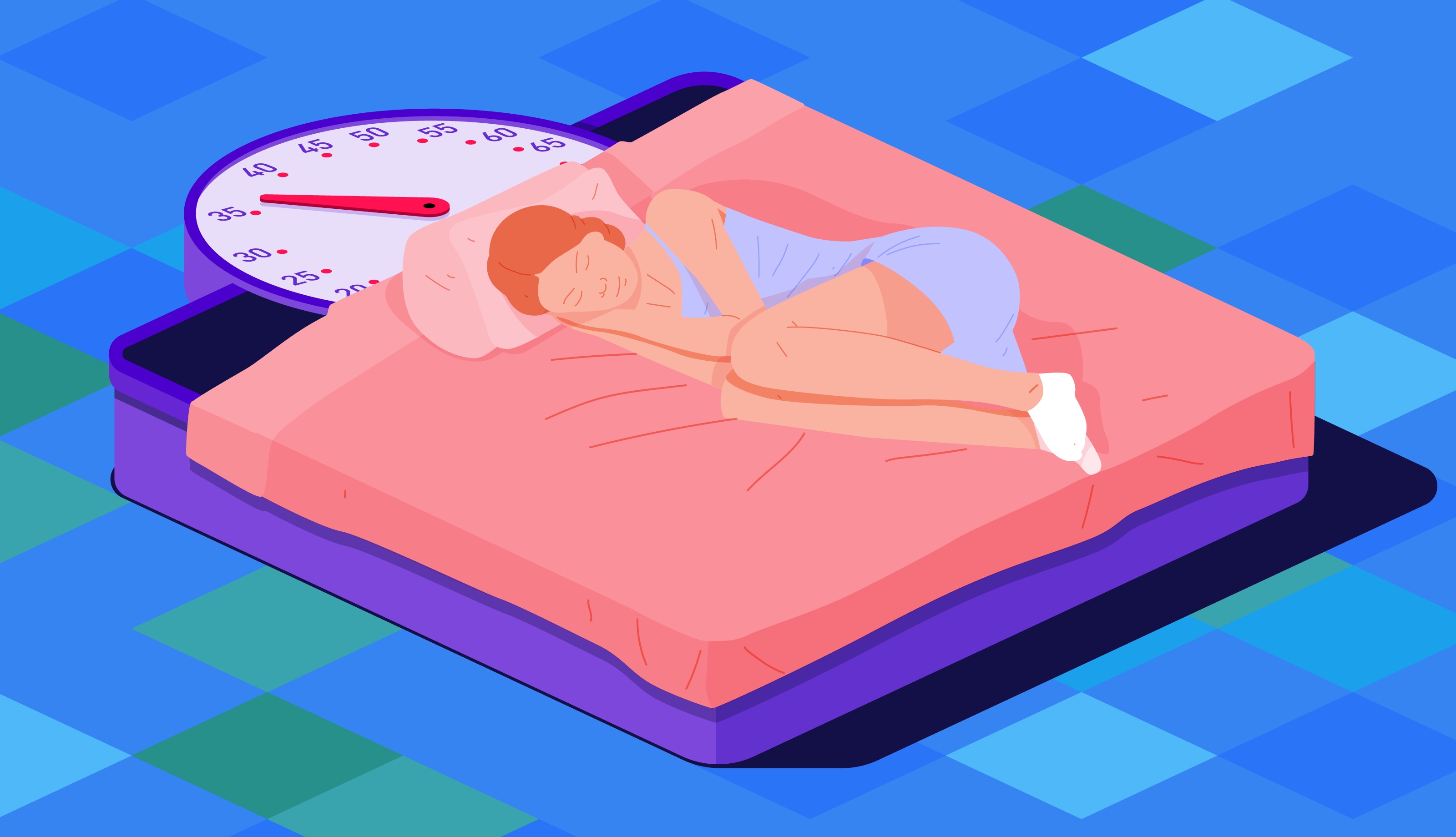
Postpartum depression can disrupt normal sleep patterns, leading to changes in sleep quality or quantity. Some mothers may experience insomnia, finding it difficult to fall asleep even when exhausted. Others may sleep excessively, feeling constantly fatigued. Similarly, changes in appetite can occur, with some mothers losing their appetite and experiencing weight loss, while others may have an increased appetite and engage in emotional eating.
Intense Irritability or Anxiety:
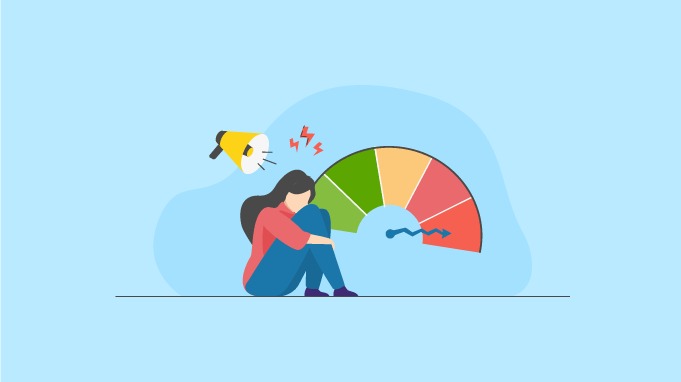
Mothers with postpartum depression often experience heightened irritability and mood swings. They may become easily agitated, irritable, or have difficulty controlling their emotions. In addition to irritability, PPD can manifest as anxiety, with mothers feeling constantly worried, fearful, or having intrusive thoughts about their baby's safety or their ability to care for them properly.
Thoughts of Self-Harm or Suicidal Ideation:

One of the most concerning signs of postpartum depression is the presence of thoughts of self-harm or suicidal ideation. If a mother experiences thoughts of self-harm, has persistent feelings of hopelessness or worthlessness, or expresses thoughts of ending her life, it is crucial to seek immediate professional help.
If you or someone you know is exhibiting signs of postpartum depression, it's essential to seek support and professional help. Talk to your healthcare provider, who can assess your symptoms, provide a diagnosis, and recommend appropriate treatment options. Treatment for postpartum depression may include therapy, support groups, medication, or a combination of these approaches.
You Might Also Want To Read This
Popular Posts







